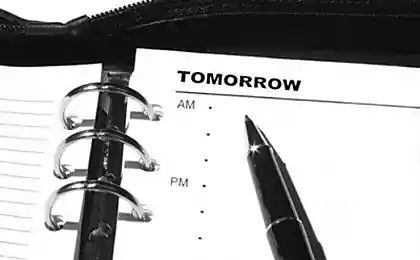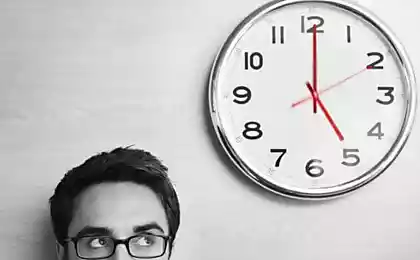240
How to stop putting things off for later: 5 proven methods

Introduction: Why do we put things off until later?
Procrastination is not just laziness or lack of discipline. It is a complex psychological phenomenon that affects millions of people around the world. According to research, about 20% of adults regularly postpone important tasks, which negatively affects their productivity and emotional state. But why are we doing this? The reasons can be different: fear of failure, perfectionism, lack of motivation or simply inability to manage your time.
The good news is that procrastination can be overcome. In this article, we will look at 5 proven methods that will help you stop putting things off for later and start taking action.
1. The Tomato Method: Work at short intervals
One of the most popular methods of combating procrastination is the Pomodoro Technique technique. You work for 25 minutes and then take a 5-minute break. After four such cycles, a longer break follows - 15-30 minutes.
Why does it work? Short intervals help reduce stress levels and make the task less intimidating. You know you only need to focus for 25 minutes and that motivates you to start. In addition, regular breaks prevent burnout and maintain energy levels.

How to apply:
- Select the task to be completed.
- Set a timer for 25 minutes.
- Work without distraction until the timer signal.
- Take a 5-minute break.
- Repeat the cycle 4 times, then take a long break.
2. Separate tasks into small steps
One of the main reasons for procrastination is the feeling that the task is too complex or voluminous. When we don’t know where to start, it’s easier to put it off until later. Solution? Divide the task into small, easy-to-do steps.
For example, if you need to write a report, break down the process into steps: “gather information”, “build a plan”, “write an introduction”, etc. Each step seems less intimidating and you’ll take action faster.
How to apply:
- Identify the ultimate goal.
- Divide the task into 3-5 small steps.
- Focus on taking one step at a time.
- Make progress to keep you motivated.
3. Use the 2-minute principle.
If the task takes less than two minutes, do it right away. This simple principle, proposed by productivity expert David Allen, helps to get rid of small cases that often accumulate and create a sense of chaos.
For example, answering a short letter, washing a cup or writing an idea in a notebook can all be done in a few minutes. The fewer such tasks are accumulated, the easier it is to focus on important things.

How to apply:
- Estimate how long the task will take.
- If it’s less than two minutes, do it right away.
- If the task requires more time, add it to the to-do list.
4. Create a reward system
Our brains love rewards. If you know you’ll get something nice after completing a task, it motivates you to start. For example, promise yourself a cup of your favorite coffee after completing a project or watching a series of your favorite series.
Research shows that the reward system activates the dopamine centers of the brain, which increases motivation and makes the process of completing tasks more enjoyable.
How to apply:
- Determine what kind of reward will be pleasant for you.
- Set clear conditions: “I will only receive a reward if I complete the task.”
- Don’t be fooled, the reward must be earned.
5. Practice mindfulness
Procrastination is often associated with anxiety and fear of failure. Mindfulness practice helps reduce stress levels and focus on the present moment. This allows you to act without being distracted by negative thoughts.
Start with simple exercises such as deep breathing or meditation. Even 5 minutes a day can significantly improve your ability to concentrate and make decisions.
How to apply:
- Set aside 5-10 minutes a day to practice mindfulness.
- Focus on your breathing or sensations in your body.
- If there are distracting thoughts, just go back to breathing.
Conclusion: Small Steps to Big Change
Fighting procrastination is a process that takes time and effort. But, as practice shows, even small changes in your approach to tasks can lead to significant results. Use the methods described in this article, and gradually you will notice that there are fewer and fewer reasons to put things off.
Remember, the main thing is to start. Take the first step today and you will see your productivity and quality of life begin to improve.
Mysteries of ancient civilizations: what we still can not explain
Mysteries of ancient civilizations: what we still can not explain























